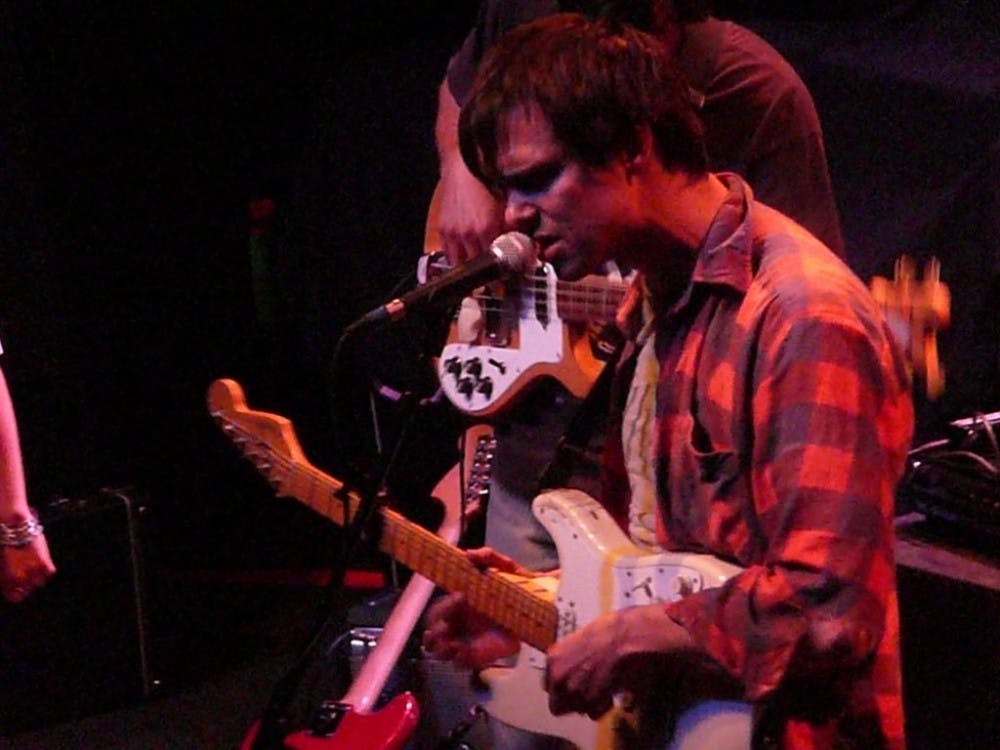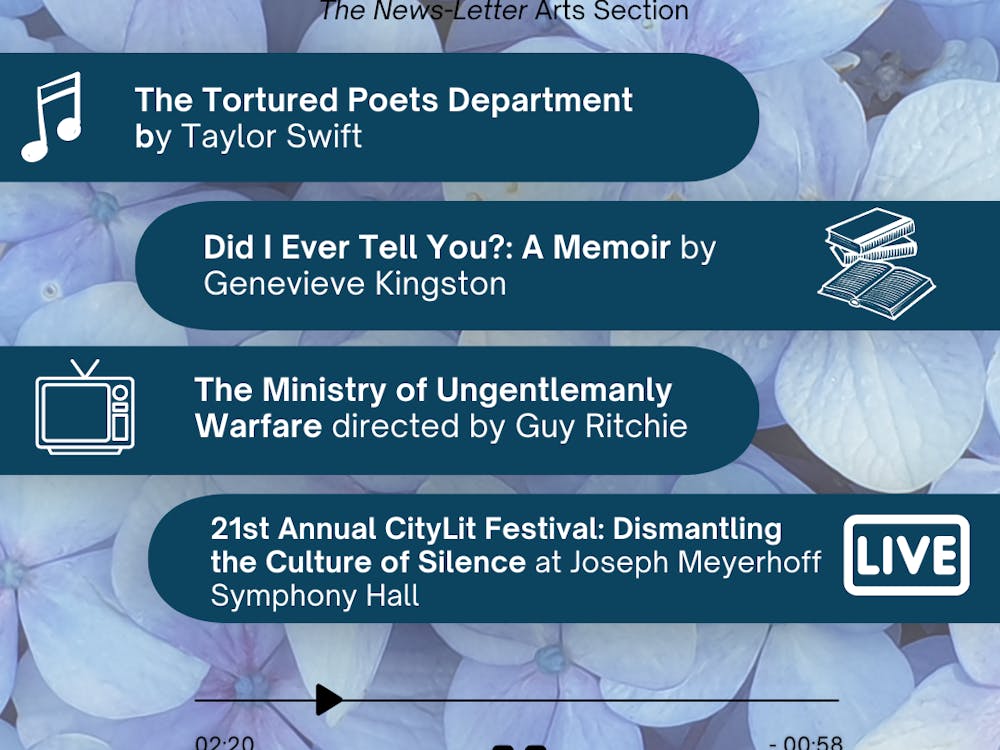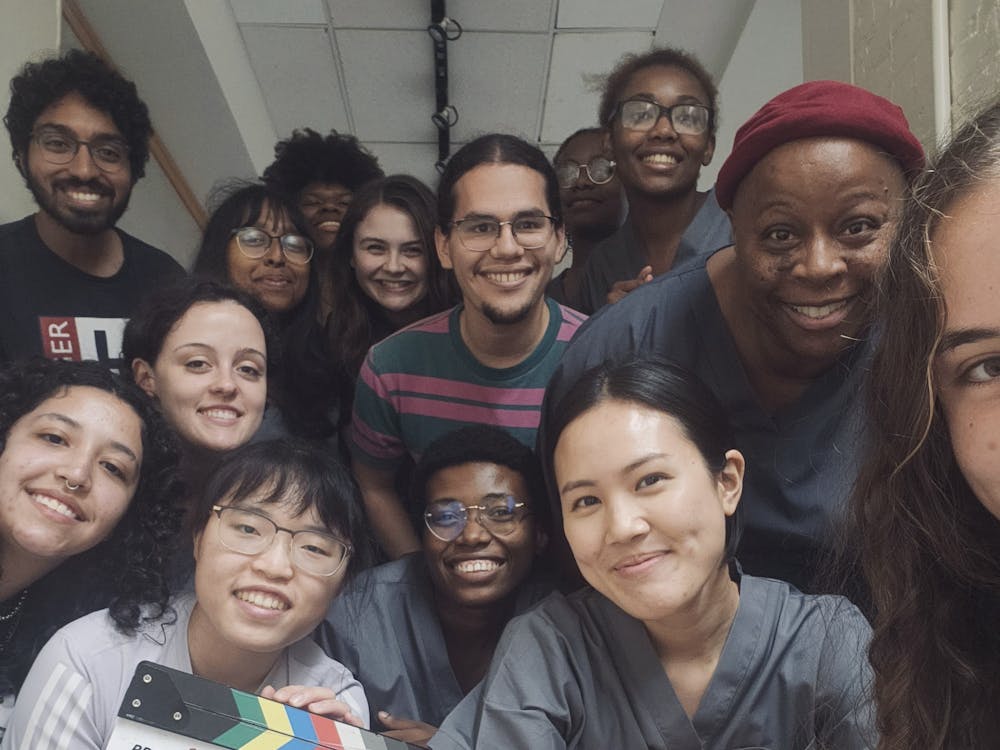Dirty Projectors are an indie rock band headed by singer-songwriter David Longstreth. In the group’s latest, self-titled project, Longstreth explores his recent heartbreak with former bandmate Amber Coffman. Longstreth takes the listener on a textured, winding, emotional journey across the reaction to heartbreak and the acceptance of love lost.
This is a powerful project with some great songs. Its experimental nature is both its greatest characteristic and it’s biggest detraction. Nonetheless, this is a piece worth listening to and thinking about.
“Keep Your Name” is a phenomenal opener. The chiming bells that fade into a tinkling piano and a distorted, crooning baritone voice show the concept of the album, an album that mixes the traditional with the modern to create this multifaceted, multi-genre response to a universal emotion. Unfortunately, near the middle of the song, it breaks into this medley of rap and electronica that although interesting, is just aesthetically unpleasant.
This is basically the story of the whole project. Dirty Projectors plays with some great melodies and some very exciting and interesting ideas but sometimes the big steps can be uncomfortable and imperfect.
For example, the song “Work Together” has some beautiful interplay between strings, synths and auto tuned high voice trills. Nevertheless, parts of the song are just cacophonous and feel rushed.
The beginning is this rush of harmonica sounds, electronically altered vocals and buzzing. It hurts to listen to, but the resolution in piano trills and organ chords is so sweet as to make up for the horror that came before. One can argue that the cacophony serves to develop the tension that Longstreth seems to be gunning for, the kind of adrenaline rush that comes with post-heartbreak life, but there is too much in some parts and it can be hard to listen to.
It is commendable how well Longstreth switches styles throughout the album. Each song is absolutely unique. He can go from a sorrowful ballad, to an angry, crazed pop song, to even a reggae-inspired piece helped by Solange. “Little Bubble,” this quiet ballad formed by wavering vocals and long chords, is followed by “Winner Take Nothing,” a quick, marimba-backed tropical song with a heavily electronic backing (some of the instruments sound like dubstep synths).
Throughout the project, the instrumentation is quite beautiful. I think that this is one of the best new albums, in the vein of Bon Iver’s 22, A Million, to mix the rural beauty of traditional folk/indie with the experimental, exciting power of electronica. It is a flawless combination of synthetic instruments with strings, pianos and organs. This is a style of music that deserves to be explored more since the results are so dynamic.
One of my major gripes with the project are the lyrics. I wish they were more light, airy or complex. There’s something about singing that requires an abstraction that isn’t necessary in other forms of music.
For example, it feels weird to hear someone sing the lines: “and we both had girlfriends blowing up our SMS.” It’s just too literal of a line, along with most of the rest of the songs. They simply tell the story as it went.
Perhaps the literal nature reminds me of bards and limericks, or maybe even greek odes read out loud in a sing song voice, which puts me off. Nonetheless, there is something about the complete honesty and straightforwardness of the lyricism that bothers me when listening to such an experimental, free-form project.
There’s also something weird about writing an album as a band about a band member who just recently departed. It feels petty in some way. You feel like you’re reading someone’s personal letter they wrote before tearing it up and letting it fall into the fireplace. While I am put off by it, part of me thinks that that’s actually part of the appeal.
That awkwardness that I’m writing about right now as a fault is actually the greatest draw, quenching the fundamental human curiosity that leads us to press our prying ears up to locked doors or to peek down at people’s phones when they get texts.
Anyway, this is only a minor thing that I was considering while listening through. After a few listens, I stopped paying as much attention, but it was worth mentioning. The resolution of the album is so satisfying that it is easy to forget any of the gripes you have with the project.
After eight songs building up this electric, emotional tension, there is this kind of breath and release with the last song, “I See You.” It feels like the pop of an emotionally charged bubble, a draft of sweet air, a resolution to the knot that is built through the project. The beeps and twinkles of electronic glitches fade out, leaving only the swoosh of chords and Longstreth’s sweet croon.
I want people to listen to this. Go listen to it after some emotional turmoil. Or just listen to it as a curious voyeur of the effects of a harsh break up. Or maybe listen to it just as an example of what the future of indie/R&B/electronica seems to be — this crazy, exciting uni-genre that links aspects from all of the sources. Dirty Projectors is a more constructed, more structured version of 808s and Heartbreak and it’s great.























Please note All comments are eligible for publication in The News-Letter.